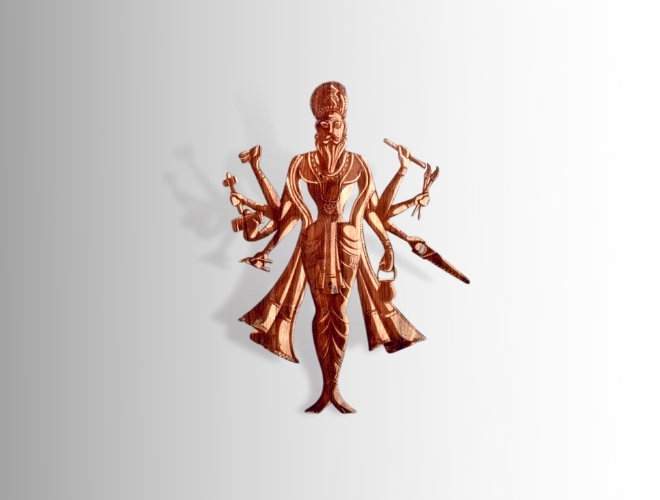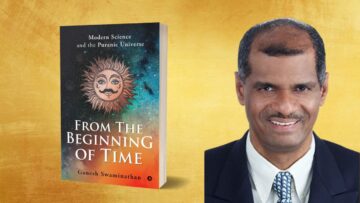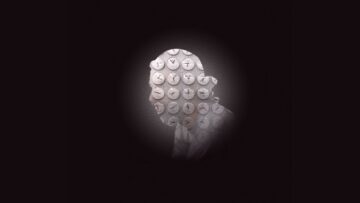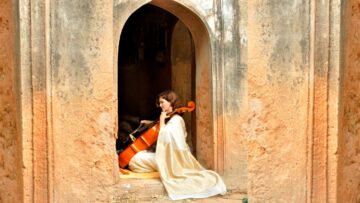INDICA is pleased to announce a call for papers for its first conference on Hindu Arts, Architecture and Artisan Traditions to be held in November 2021.
Titled ‘Vishwakarma’s Children’, the conference will deliberate upon the role of Hindu beliefs, traditions and scriptures in the manifestation and evolution of India’s arts, architecture and artisan traditions.
Overview
Traditions of Indian craftsmen draw inspiration from Lord Vishwakarma, the patron deity of all craftsmen. It is believed that Brahma or Vishwakarma, is the sum total of creative consciousness. Stella Kramrisch describes the ways of the Indian craftsmen in the following words, “the Indian craftsman conceives of his art not as his own, nor as the accumulated skill of ages, but as originating in the divine skill of Visvakarma and revealed by him.”
This is how Hindu sacred texts – Agamas, Puranas, Shilpashastras and Vastushastras – trace the traditions of the craftsmen back to Vishwakarma, the fountain head of all knowledge.
The awareness of this tradition exists even today among traditional Hindu artists, sculptors, weavers and artisans. All creative work is offered as an offering to the Divine. In all parts of India, to this day, the craftsmen worship their tools on Vijayadashami and perform Vishwakarma Pooja on Vishwakarma Jayanti.
Both the materials and the tools of a craft are considered to be sacred. The tree which is to be felled by the carpenter or sculptor is propitiated with offerings -he lays his hand on it with a mantra, asking pardon to the spirits residing in the tree. The loom that the weaver uses is worshipped and offerings are made to it before a ceremonial textile is taken up for weaving.
Before a craftsman, sculptor, weaver or an artisan takes up his tools for a new assignment, all the instruments are worshipped with incense, flowers and offerings of food. The tools are considered to be an extension of the artisan’s hand, the means by which he transforms elements from nature into a work of Divine art.
Scope Of The Conference
History of arts, architecture and crafts in India can be traced back to thousands of years. Art, architecture and crafts in India were never treated merely as utilitarian objects nor were they viewed purely from a monetary lens.
The artisan, sculptor or artist considered himself/herself as an instrument of a Divine power, and created objects while being connected physically, mentally and metaphysically to a spiritual tradition.
The INDICA Conference on ‘Hindu Art, Architecture and Artisan Traditions’ will explore contemporary crafts as well as its historical traditions across various overlapping themes.
- Scriptural traditions behind the art, architecture and artisan traditions.
- Organisation of artisan guilds as an empowering force.
- Understanding traditional rituals practised by architects, sculptors and artisans today.
- Understanding the role of caste, varna and kinship in craft traditions of India.
- The intersection of the sacred and the secular.
- What is the future of Hindu art, architecture and artisan traditions?
- The role of arts, crafts and their makers in the cultural revival of Hindu traditions.
- How has technology impacted Hindu art, architecture and artisan traditions?
- Hindu art and environmental healing.
- Hindu roots of tribal art.
- Impact of cultural change on Hindu arts.
- Challenges of preserving Hindu traditions in arts, architecture and crafts.
- Craft traditions that have transcended faith. How artisans from other faiths have retained the Hindu links to their craft?
Call For Papers
The aim of the conference is a dynamic exchange of knowledge and ideas that will critically analyse the Hindu roots of Indian arts, crafts and architecture.
Scholars as well as practitioners of arts and crafts are encouraged to explore the topic from various dimensions. The sub-themes of the Conference will eventually be decided based on the responses to this call.We invite cultural practitioners and producers, academic theorists, craftspeople, artists, curators, campaigners and activists to present papers on these issues.Presentation formats could include short films, performances, panel discussions as well as formal delivery of papers.
The Conference will be curated by Sri Nagaraj Paturi, Senior Director INDICA and co-curated by Shefali Vaidya, a passionate advocate of Temple and Textile traditions of India.
Submission Of Extract
Abstract of 300 words (font size 12, Times New Roman, 1.5 line spacing) must be sent by email to namaste@indica.org.in with the title of the Conference mentioned in the subject. Abstract must provide a brief description of the topic and if required the theoretical focus, objectives, study area, research methodology. Acceptance of the abstract will be notified to the author.
Last date for submissions of the abstracts is October 25th. The Conference is scheduled for November 19th & 20th 2021.
This conference is dedicated to Lord Vishwakarma, considered to be the fountainhead of all Hindu art, crafts and architectural traditions.






